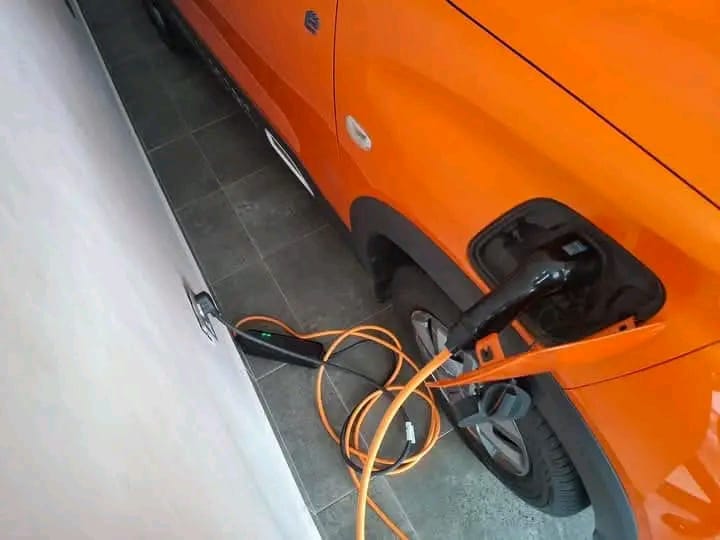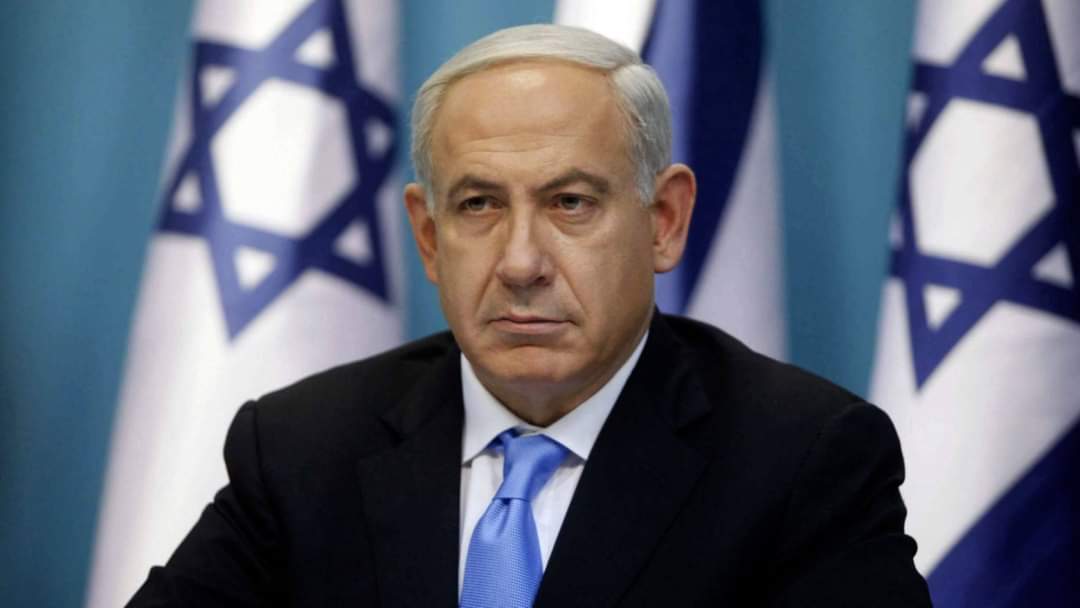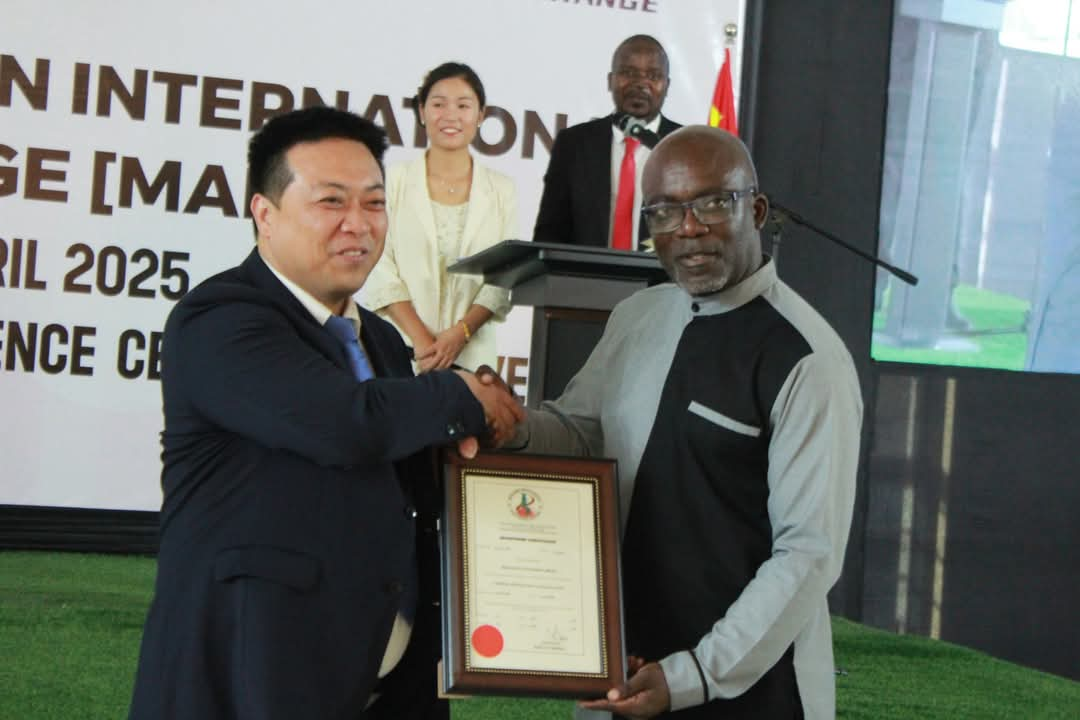By Burnett Munthali
The Malawi Energy Regulatory Authority (MERA) is taking steps to facilitate the adoption of electric vehicles (EVs) by developing a Regulatory Framework for Electric Vehicles. The initiative aims to create clear guidelines for the installation and operation of EV charging stations, a move expected to address Malawi’s growing embrace of EV technology.
This development comes at a time when Malawi has at least three standard EV charging stations, even as the private sector and individuals continue to adopt EVs for their energy efficiency and environmentally friendly benefits. Despite this progress, the lack of a structured framework has posed challenges in standardizing and expanding charging infrastructure.
Speaking to Zodiak Online, MERA Consumer Affairs Officer Vitumbiko Sakala revealed that a draft framework for stakeholder engagement will be completed by February 2025. The framework will establish technical specifications, safety protocols, and criteria for selecting installation sites for EV charging stations across the country.
“In the absence of a dedicated framework, we are currently relying on the Malawi Wiring Installation Standards (MWIS), which provide guidelines for the design and erection of electrical installations to ensure safety and functionality,” Sakala explained.
The MWIS, while effective for general electrical installations, is not tailored to address the unique requirements of EV charging systems. This gap underscores the importance of the new framework, which will prioritize efficiency, safety, and sustainability in the growing EV market.
Sky Energy Africa Managing Director, Schizzo Thompson, whose company is a major supplier of EVs in Malawi, emphasized the importance of MERA’s initiative. He highlighted the country’s reliance on level 1 and level 2 charging systems, which cater to home and small business use, as opposed to level 3 industrial chargers that offer faster charging times and greater convenience.
Thompson stated, “The framework will provide much-needed direction in scaling up infrastructure to accommodate the growing demand for EVs. This will not only boost user confidence but also attract more investment into the sector.”
As Malawi gradually transitions to cleaner energy solutions, the establishment of a comprehensive regulatory framework is critical. With the private sector actively involved in promoting EV adoption, MERA’s initiative could position Malawi as a leader in sustainable transport in the region.
The completion and implementation of the framework will be a significant milestone in the country’s efforts to reduce carbon emissions and achieve energy efficiency goals. The nation now looks forward to February 2025, when the draft framework will pave the way for a new chapter in Malawi’s journey towards sustainable mobility.



